Education Researcher’s Radical Proposal: “Actually Listening to Teachers”
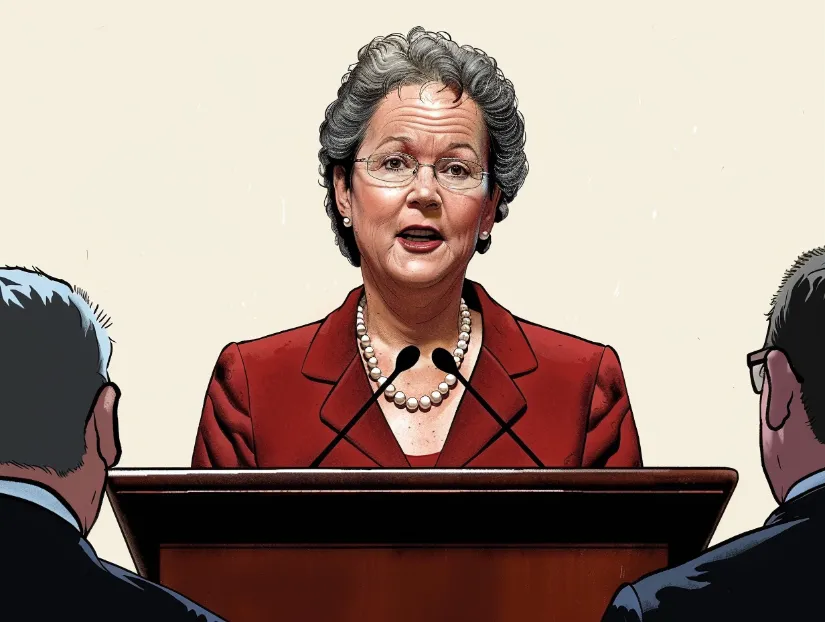
Education Researcher’s Radical Proposal: “Actually Listening to Teachers”
In a move that has sent shockwaves through the education world, renowned researcher Linda Darling-Hammond has put forth a groundbreaking idea: actually listening to teachers when making education policy decisions. This “revolutionary teacher listening policy” has left many experts scratching their heads and wondering if such an unconventional approach could ever work.
![A group of teachers holding signs with slogans like "You mean our opinions matter?" and "Pinch me, I must be dreaming!"]](https://politicallyincorrectsocialresponsibility.com/wp-content/uploads/2024/07/You-mean-our-opinions-matter.webp)
For decades, education reform has been driven by policymakers, think tanks, and consultants who have never set foot in a classroom. The notion of involving teachers in the decision-making process has been met with a mix of confusion and skepticism. “Wait, you’re suggesting we should consult the people who actually work with students every day?” asked one perplexed bureaucrat. “That’s madness!”
Edward Übermensch, Content Editor at PoliticallyIncorrectSocialResponsibility.com, had this to say: “Listening to teachers? What’s next, valuing their expertise and treating them like professionals? This Darling-Hammond character is clearly a radical thinker. In the old days, we just told teachers what to do and expected them to fall in line. It was a simpler time.”
Experts warn that implementing Darling-Hammond’s proposal could have unintended consequences, such as teachers feeling valued, respected, and empowered to make a difference in their students’ lives. Some fear that this newfound sense of agency could lead to a dangerous outbreak of job satisfaction and improved morale among educators.

The irony of treating teacher input as a revolutionary concept has not been lost on observers. “It’s almost as if the people who spend countless hours working with students might have valuable insights into what works in the classroom,” mused one teacher wryly. “Who would have thought?”
As the education world grapples with Darling-Hammond’s radical idea, one thing is clear: the status quo of ignoring teacher voices in education reform may finally be challenged. While the road ahead may be uncertain, the possibility of a future where teachers are actually heard and respected is a tantalizing prospect – even if it does seem a bit far-fetched.
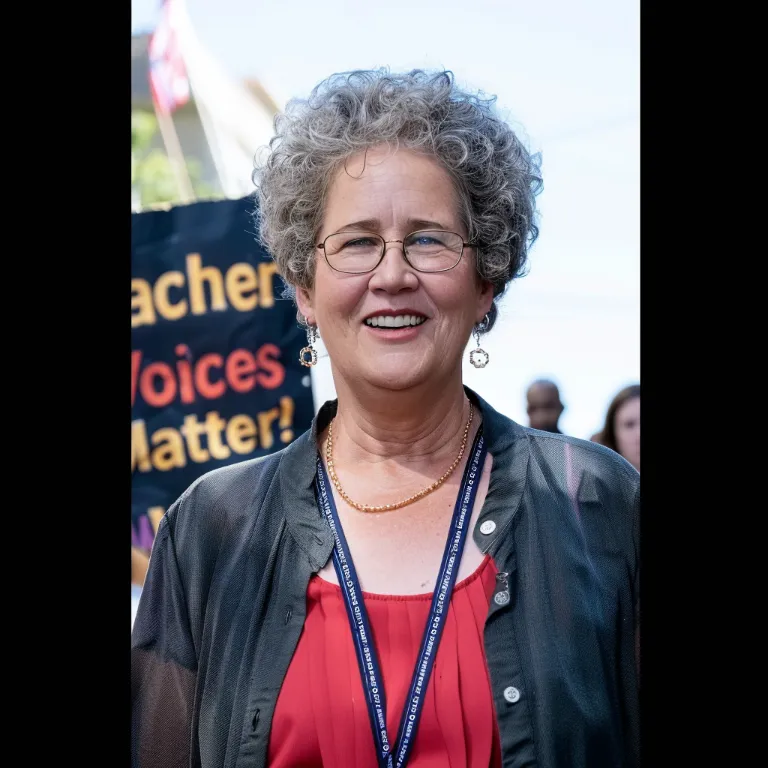


![A glittery dance floor divided into sections labeled "Boomers," "Gen X," "Millennials," and "Zoomers." Costumed dancers of all ages strike exaggerated poses while holding signs with Social Security policy proposals.]](https://politicallyincorrectsocialresponsibility.com/wp-content/uploads/2024/09/a-photo-of-a-glittery-dance-floor-divided-into-sec1.webp)
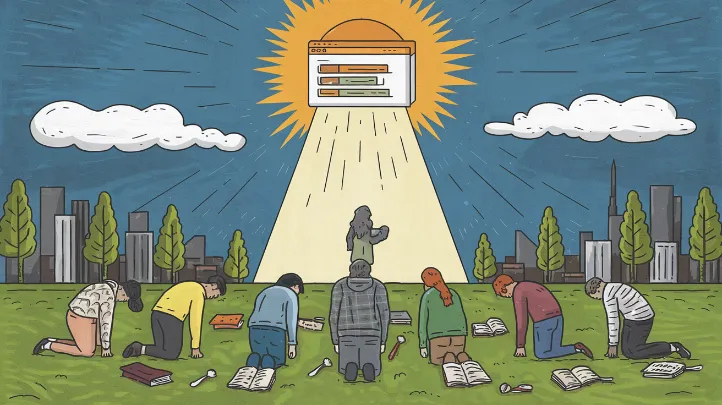
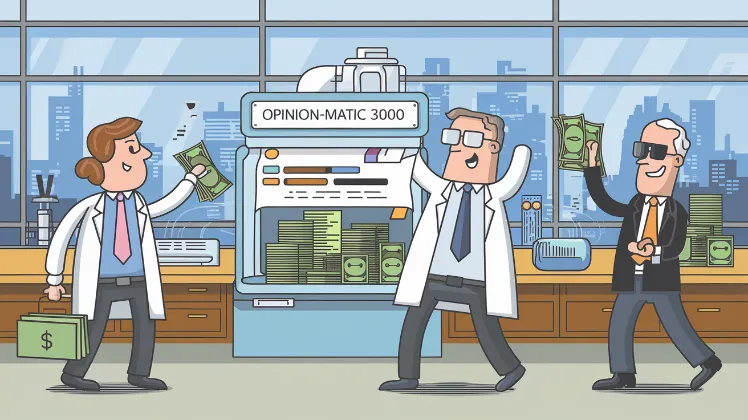
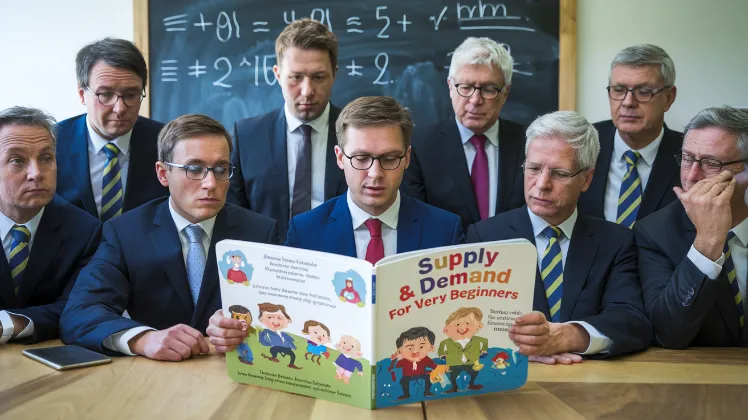
Responses